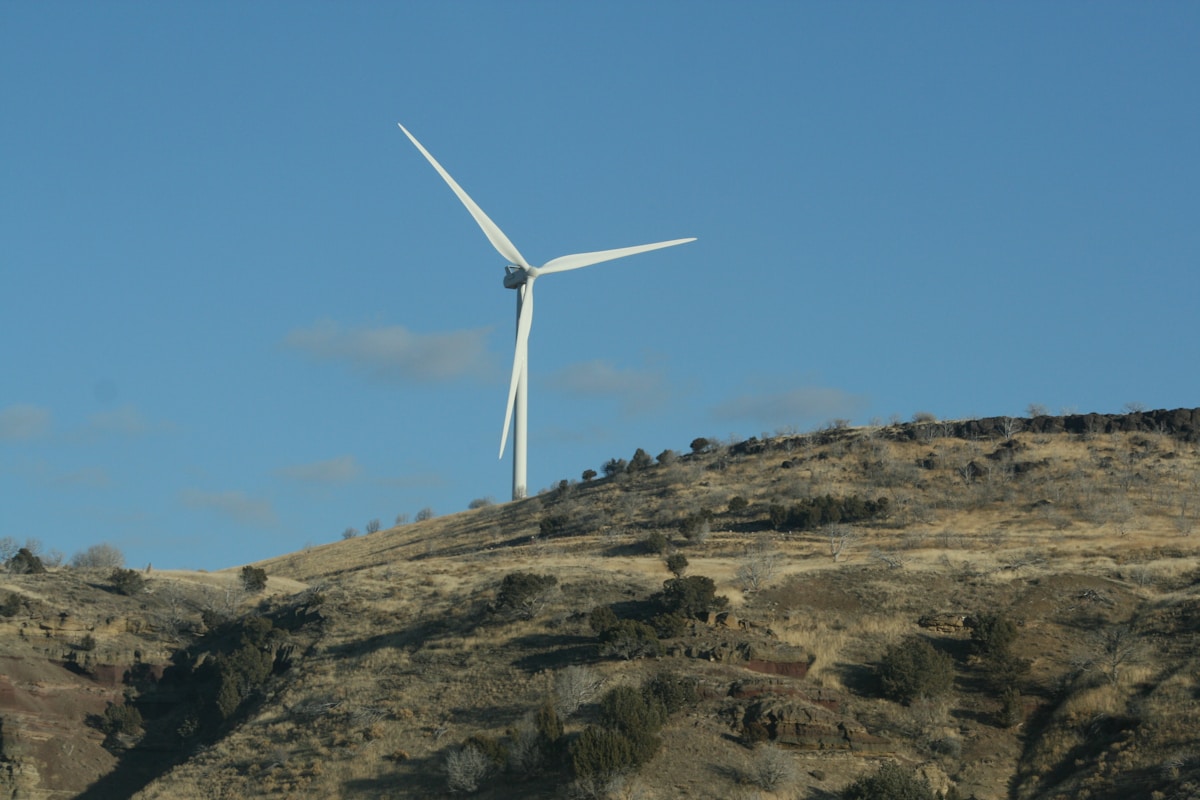Back to Industry News
Cleantech
Vestas Aims for Sustainable Wind Power Supply Chain
Summary generated with AI, editor-reviewed
Heartspace News Desk

Photo by Mason Gemelke on Unsplash
Key takeaways
- Wind turbine manufacturer Vestas announced a major sustainability push, aiming for zero-waste turbine production by 2040
- The Danish company, a significant player in the wind energy sector, detailed plans on October 8, 2025, to drastically reduce its environmental impact
- Vestas intends to achieve climate neutrality in its operations by 2030, foregoing carbon offsetting
Wind turbine manufacturer Vestas announced a major sustainability push, aiming for zero-waste turbine production by 2040. The Danish company, a significant player in the wind energy sector, detailed plans on October 8, 2025, to drastically reduce its environmental impact. Vestas intends to achieve climate neutrality in its operations by 2030, foregoing carbon offsetting. Lisa Ekstrand, Vestas' VP of Sustainability, emphasized the integration of sustainability across all business functions as crucial to the company's leadership in sustainable energy solutions.
Supply chain emissions represent a substantial portion of Vestas' environmental footprint, accounting for over 80% of a turbine's total impact. To address this, Vestas is implementing a supplier sustainability program. The program targets a 45% reduction in carbon emissions per megawatt-hour produced by 2030, relative to 2019 levels. A key element involves collaboration with ArcelorMittal to incorporate lower-carbon steel, given that steel and iron constitute 80-90% of a wind turbine's material mass.
Vestas also focuses on improving the recyclability of wind turbine components, particularly turbine blades. The company participates in the CETEC project, which aims to develop circular recycling processes for the complex materials found in turbine blades. These initiatives are vital for Vestas' ambition to become a leader in sustainable energy.
Related Topics
Vestaswind energysustainabilitysupply chainrecyclingcarbon emissions
Want coverage like this for your company?
Local & industry wins build trusted proof, SEO/geo signals and prime national editors.
Check fit (2 min)